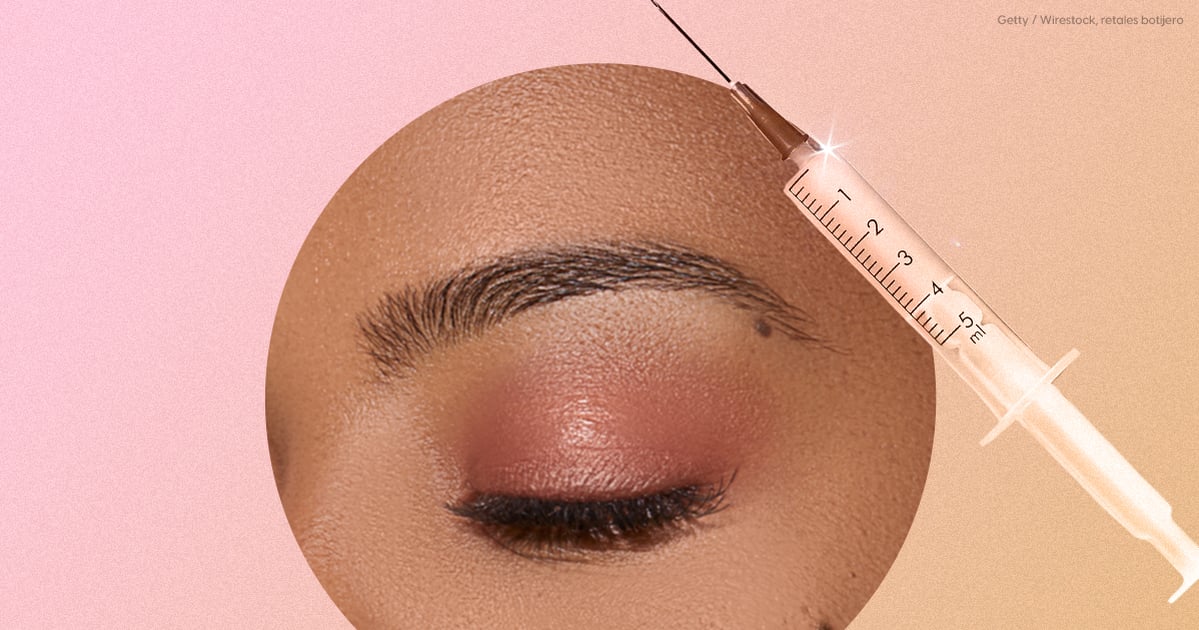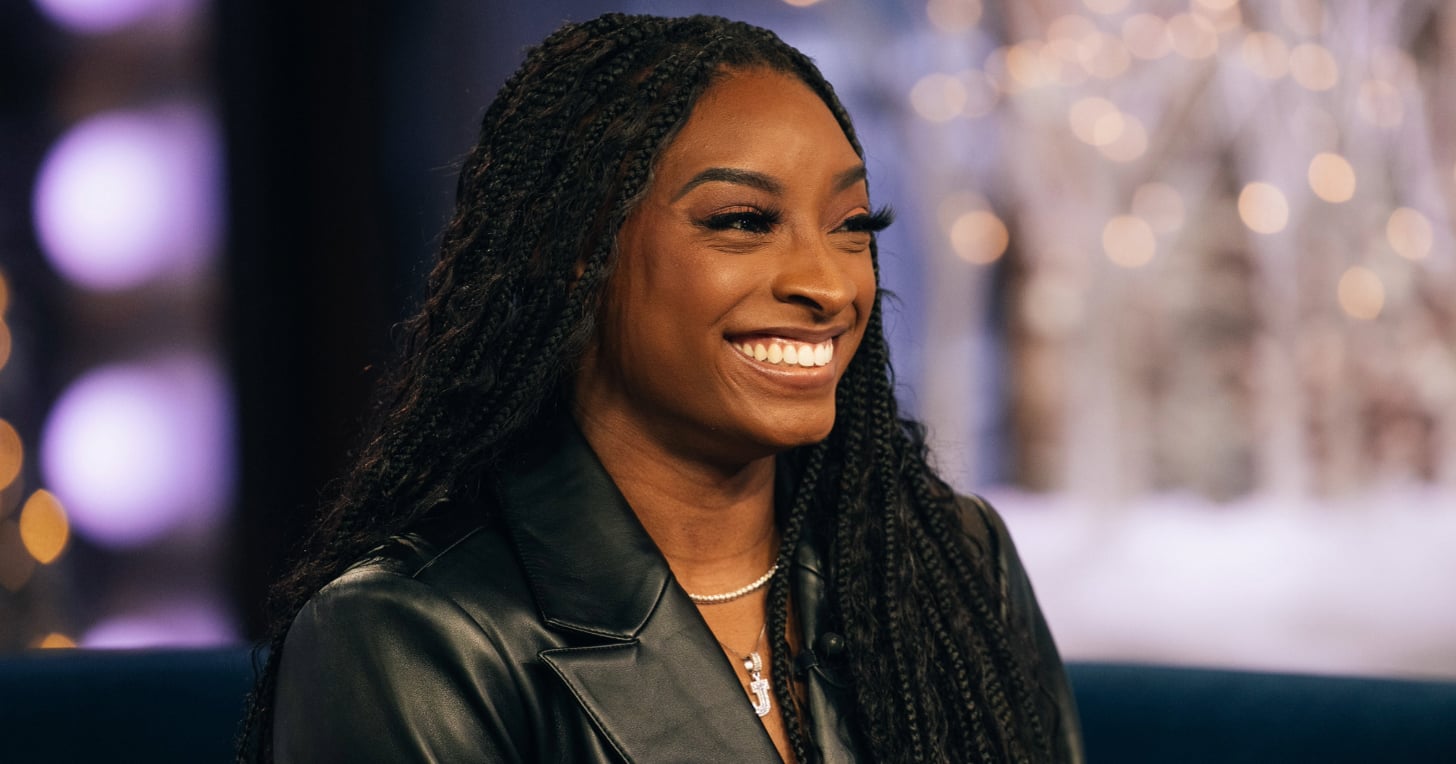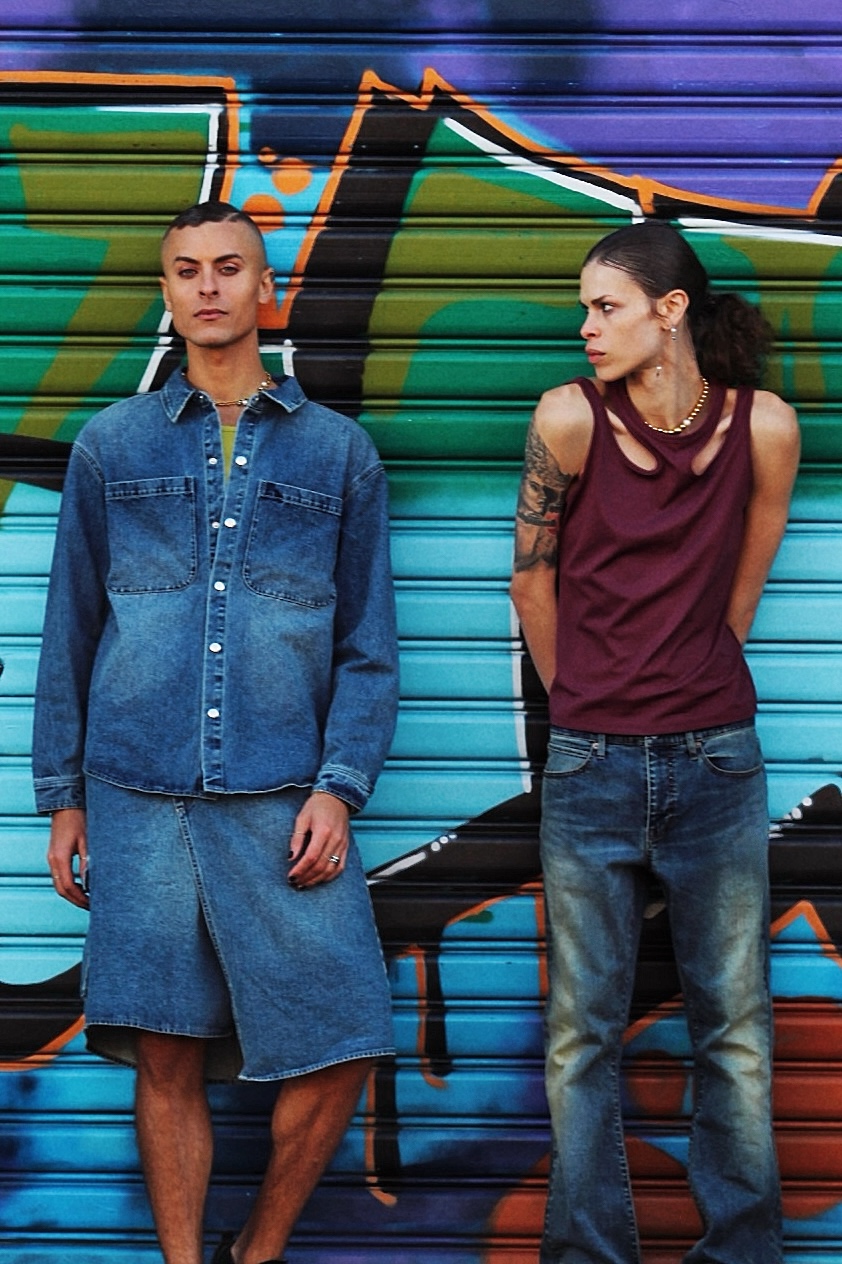There was one trend this year that announced itself not with a bang, but with a whisper of cashmere and a high thread count: quiet luxury.
The movement came as a palate cleanser following high-octane maximalism and logomania, and emerged in reaction to the global cost of living crisis, growing concerns about sustainability and a desire to reconcile comfort with style following the pandemic.
In 2023, the names filling women’s online shopping baskets included The Row, Khaite and Gabriela Hearst, while men opted for Loro Piana, Zegna and Brunello Cucinelli. Some brands quickly switched lanes in a bid to lure customers seeking quiet style.
Gucci’s Sabato De Sarno has reset the brand with more classic, heritage styles, while Phoebe Philo has returned with an eponymous label with clothing and accessories that nod to her successes at Celine and which have already created a frenzy among her fans.
The trend emerged in womenswear, menswear and haute couture; in bags, accessories and jewelry, where classic styles have been flying off shelves.
Kim Jones’ Fendi collections in earth tones were the apex of quiet luxury, while Alexandre Vauthier’s toned-down collections featured tuxedo suits and evening dresses with nary a sparkle in sight.
At Chanel, Virginie Viard channeled “the allure of the Parsienne,” embodied by Caroline de Maigret who opened one show in a classic tweed topcoat, while at Dior, Maria Grazia Chiuri took inspiration from antiquity with a lineup of pleated sheath-style gowns slim and elegant as Grecian columns.
Where Did It Come From?
Quiet luxury may have made headlines this year, but for fashion historian Alexandre Samson, a curator at Paris’ Palais Galliera museum, it is nothing new. “It has always been there, but the attention paid to it has varied,” he said.
The wealthy, Samson added, want to feel — rather than display — what they can afford.
“Quiet luxury is distinguished through the details. It’s a form of sophistication in the face of oneupmanship,” he said, adding that its roots go back to the 19th century, when uniformity in dress led people to distinguish themselves through codes, silhouettes, details and suppliers.
Clothing may have all looked the same, “but up close,” certain pieces were very different indeed.
Samson said the Netflix series “Succession” nudged quiet luxury back into the spotlight, but it also returned because of a desire to focus on quality, “in reaction to sportswear” and athleisure clothing, which were wardrobe staples during the lockdown years.
Vincent Grégoire, director of consumer trends and insights at consulting agency Nelly Rodi, believes that interest in less ostentatious styles, and a focus on materials, is a sign of the times.
He said it’s “reaction of an educated consumer, [who has] the impression that established brands favor profit over quality. That consumer is looking for brands that don’t compromise on the latter.”
Those brands, he added, include Hermès, Giorgio Armani, Cucinelli, Max Mara, Ralph Lauren and even MM6.
Grégoire also believes the post-COVID-19 context of revenge shopping, over-consumption, “arrogant expressions of luxury” and a heady dose of “bad taste and provocation,” called for “a new moral, a new ethics, new values.”
To Grégoire, quiet luxury goes hand in hand with notions of sobriety, even frugality.
“It’s a whole state of mind, it’s not just Brunello Cucinelli, Loro Piana and no logos,” said the trends expert, adding that in past years consumers have been overwhelmed by so much negativity, fear and tension, there is a great desire to get back to basics, and cut down on excess.
“It’s an evolution of the slow movement, albeit a more sophisticated and upscale expression,” he said, adding that aspirational consumers are rejecting what amounts to bad value for money, and they’re tired of logos.
The Business and Cultural Impact
Niklas Oppermann, cofounder of Carl Friedrik, said that being featured in “Succession” has opened the brand to a whole new segment of customers.
The luggage brand, which also appeared in “The White Lotus,” said it has seen growth of 103 percent year-over-year. It’s now eyeing expansion in North America, its biggest market, in the next six to 12 months.
“‘Succession’ was a close-to-perfect fit for us from an aesthetic perspective. We’ve been preaching the values of quiet luxury fashion — high-quality materials, everyday versatility, new-age minimalism,” Oppermann said.
While Greta Gerwig’s “Barbie” may have dominated the box office with all its pink effluence and shiny jewelry, the film ends with actress Margot Robbie stepping out of a car dressed in a shockingly low-key outfit.
In the final scene she’s wearing an oversize ash brown blazer, blue jeans and pale pink Birkenstocks that are closer to the color of her skin tone than her dreamhouse.

Carolyn Bessette Kennedy, the Calvin Klein publicist turned wife of John F. Kennedy Jr., is having a renaissance in the form of Sunita Kumar Nair’s book, “CBK: Carolyn Bessette Kennedy: A Life in Fashion,” chronicling her sartorial style, which was nothing if not discreet.
“There’s a timelessness about her, and that’s her appeal. There’s no label to put on her,” said Nair, who explores nine ideas from Bessette Kennedy’s closet, ranging from her sharp white shirts and minimal wedding dress by Narciso Rodriguez to the nonchalance of her everyday wardrobe — all of which have become pillars of the quiet luxury look.
Is It Going to Last?
Being by nature less visually entertaining than sportswear, or more colorful trends, Samson said he expects quiet luxury to go quiet once more.
Grégoire said that in its current incarnation, “quiet luxury is veering towards boring luxury.”
He believes the 2023 version will give way to “a new precious luxury, less pared-back, and with feel-good details. Without being bling, something with more craft, that introduces the idea of pleasure, benefit, reward.”
Among those benefits are social and environmental gestures and the desire to have “fewer but better” products. In his opinion, knowledge and culture go hand-in-hand with the quiet luxury trend.
In some cases, quiet luxury can also be the gift that keeps on giving. Younger consumers are buying classic pieces, wearing them and often factoring in the potential resale or rental value of their investments.
In Figures
According to fashion search engine Tagwalk, there was a significant transition in the year between spring 2023 and spring 2024 from extravagance to greater sophistication.
“This change signifies a return to timeless, classic looks, moving away from flashy logos and excessive branding. The season embraces shirts, dresses, neutral tones and refined footwear, crafting the wardrobe of an elegant, bourgeois-inspired woman,” said fashion insights analyst Albane Desazars de Montgailhard.
Only 13 percent of looks were categorized as bourgeois in fall 2023, a significant 283 percent rise compared to spring 2023; 3 percent of looks featured logos, a 46 percent decrease compared to spring 2023. That figure went down to 2.8 percent during spring 2024, a 51 percent drop against the previous year.
And it’s not just fashion that’s been buzzing about quiet luxury all year. Jewelry and even interiors all have their declension of the movement.
“What is signature to [quiet luxury in jewelry] is being logo free, subtle, yet making a statement on your style and your status, and diamond jewelry in general is central to that kind of expression,” said Kristina Buckley Kayel, managing director and chief marketing officer at the Natural Diamond Council.
“Diamond jewelry and natural diamonds themselves being a billion-year-old creation of nature and an increasingly rare one — that sort of preciousness and understanding of its value is something that’s quite central to the expression of quiet luxury,” she added.
It may have “started in fashion and beauty but it has reached food, distribution, communication, hospitality and leisure,” said Grégoire. “What was a behavior became an aesthetic and is now a generic element and a deep movement that impacts all areas of lifestyle.”



